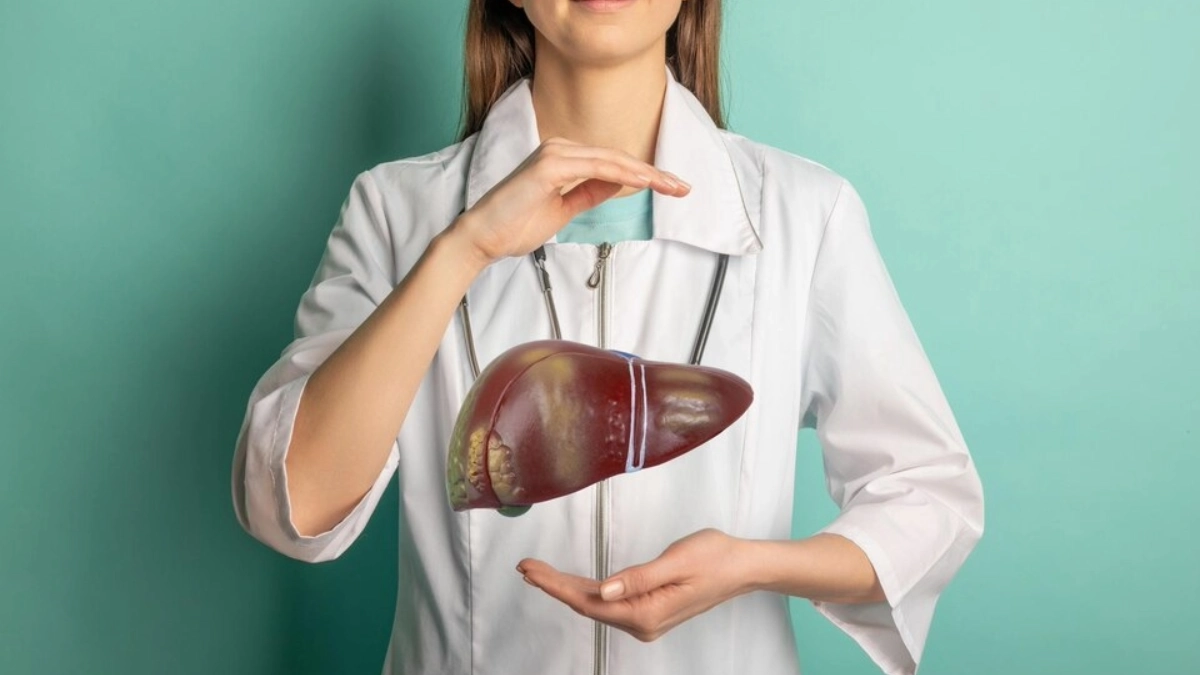Liver Transplant in Turkey has emerged as a beacon of hope for patients battling end-stage liver disease. It offers exceptional care, advanced technology, and cost-effective solutions. At our accredited transplant centers, we ensure each liver transplant procedure is conducted with precision. This spans from donor evaluation to long-term patient monitoring. Our dedicated transplant teams consist of internationally recognized surgeons, hepatologists, and supportive care specialists. They uphold global best practices while maintaining a patient-centric approach.
Why Choose Liver Transplant in Turkey?
The strategic location of Turkey as a medical hub bridges the gap between East and West. This makes Liver Transplant in Turkey an attractive choice for patients from Europe, Asia, and the Middle East. Our transplant centers are equipped with state-of-the-art surgical theaters, advanced imaging systems, and robust infection control measures. These ensure superior outcomes and patient safety. The success rate of liver transplantation in Turkey exceeds 90% in the first year. This is supported by a 75% five-year survival rate, which is comparable to the best transplant centers worldwide.
Turkey exclusively allows living donor liver transplantation for international patients due to ethical and legal considerations prohibiting organ trade. Our living donor transplant programs prioritize donor safety, utilizing minimally invasive techniques and comprehensive pre-operative assessments. The living donor liver transplant offers distinct advantages, including reduced waiting times, better organ compatibility, and improved post-transplant survival rates.
Indications and Preparation for Liver Transplant in Turkey
Liver Transplant in Turkey is primarily indicated for patients suffering from end-stage liver disease, acute liver failure, and certain types of liver cancer unresponsive to conventional therapies. Cirrhosis due to hepatitis B, hepatitis C, alcoholic liver disease, and non-alcoholic steatohepatitis remains the leading cause of liver failure globally. Genetic disorders like Wilson’s disease and conditions such as biliary atresia in children may also necessitate liver transplantation.
Evaluation for Transplant Candidacy
Our transplant centers implement a thorough evaluation process to determine transplant eligibility, focusing on:
- Blood and urine analyses to assess liver and kidney function.
- Imaging studies (ultrasound, CT, MRI) for liver size and structure.
- Cardiovascular assessments to ensure heart health.
- Nutritional and psychological evaluations for holistic care.
The transplant team, comprising surgeons, hepatologists, dietitians, and psychologists, collaborates to create a personalized treatment plan. An ethics committee reviews each case to ensure compliance with legal frameworks and ethical principles.
Living Donor Liver Transplantation
In Liver Transplant in Turkey, living donors—typically close relatives or friends—undergo rigorous health evaluations. Donor eligibility criteria include:
- Age between 18 and 55 years.
- Matching blood group compatibility.
- Adequate liver volume and anatomical suitability.
During the surgery, a segment of the healthy donor’s liver—commonly the right lobe in adults—is carefully excised. Then, the recipient’s diseased liver is replaced with this segment. Blood vessels and bile ducts are meticulously reconnected. The liver’s remarkable regenerative capacity ensures both the donor’s and recipient’s liver volumes return to near-normal within a few weeks.
Domino Liver Transplantation
Our advanced centers also perform Domino Liver Transplantation in select cases. Here, a recipient with a rare metabolic disorder donates their liver to another patient. Their liver remains functional for many years. This innovative procedure optimizes donor availability while expanding transplant access for eligible patients.
Post-Transplant Care and Recovery
Post-operative care in Liver Transplant in Turkey focuses on rapid recovery, prevention of complications, and lifelong immunosuppression management. Patients spend the initial days in a modern intensive care unit (ICU) for close monitoring. This is followed by several weeks of inpatient care. Upon discharge, a structured outpatient follow-up plan is implemented, including:
- Frequent blood tests to monitor liver function and medication levels.
- Dietary counseling for optimal nutrition.
- Psychological support and lifestyle counseling.
- Lifelong immunosuppressive therapy to prevent organ rejection.
Recovery timelines vary, but most patients resume daily activities within three to six months. Patients experience a dramatic improvement in quality of life.
Advantages of Liver Transplant in Turkey
- World-Class Expertise: Internationally trained transplant surgeons and multidisciplinary teams.
- Affordability: Competitive costs compared to Western Europe and North America, without compromising on quality.
- Cultural and Linguistic Comfort: Multilingual staff and culturally sensitive care for international patients.
- Legal and Ethical Assurance: Transparent practices strictly adhering to international transplantation guidelines.
Conclusion
Liver Transplant in Turkey represents a pinnacle of advanced medical care, blending modern technology with compassionate, patient-centered service. Our commitment to ethical transplantation practices, exceptional surgical success rates, and comprehensive post-transplant support makes Turkey a global leader in liver transplantation. At Avicenna International Hospital, we take pride in our world-class transplant programs, dedicated teams, and patient-centered philosophy. This restores not only liver function but also quality of life. For patients facing the daunting challenge of liver failure, our services provide hope, healing, and a renewed chance at life.
The success rate of liver transplant in Turkey is over 90% in the first year and around 75% after five years.
Yes, many patients live 20 years or more after a successful liver transplant with proper care.
The best place depends on factors like hospital accreditation, surgeon expertise, and patient needs—Turkey has a strong reputation with modern, affordable care.







